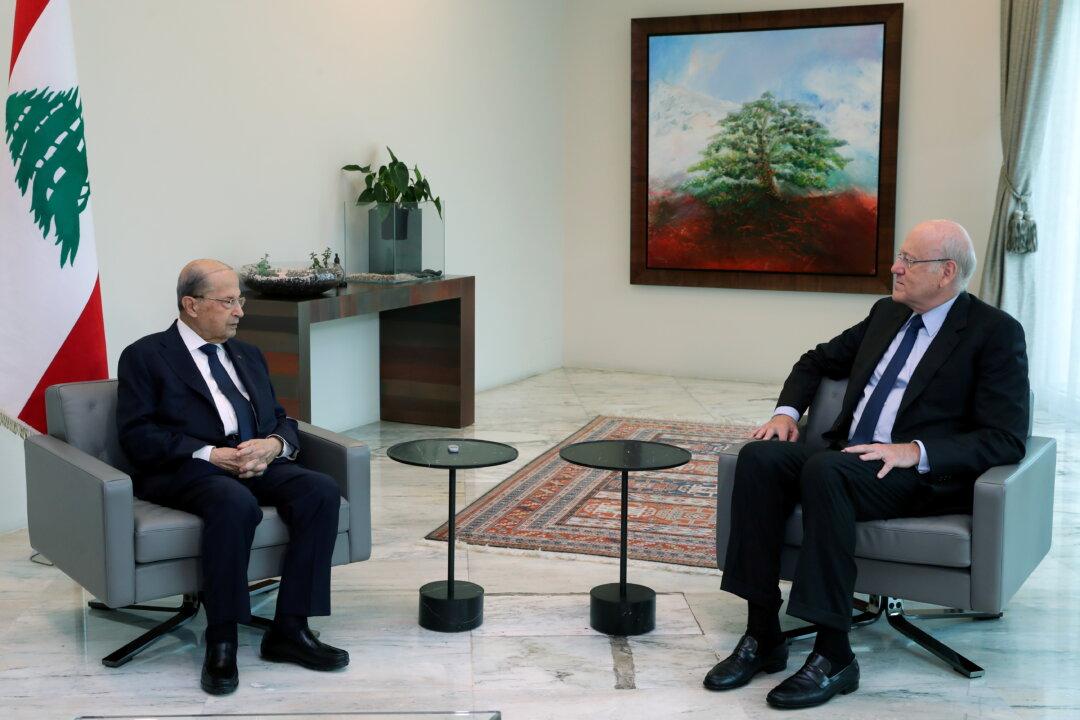Lebanese President Michel Aoun on Monday appeared to criticize ally Hezbollah for blocking the country’s cabinet meetings for the past two months, which have further added to ongoing economic woes plaguing the country.
The country’s government was formed in September 2020 amid financial troubles following the devastating explosion at the Beirut port in August 2020. The government of 24 ministries is being led by Hezbollah-backed Prime Minister, Najib Mikati.




